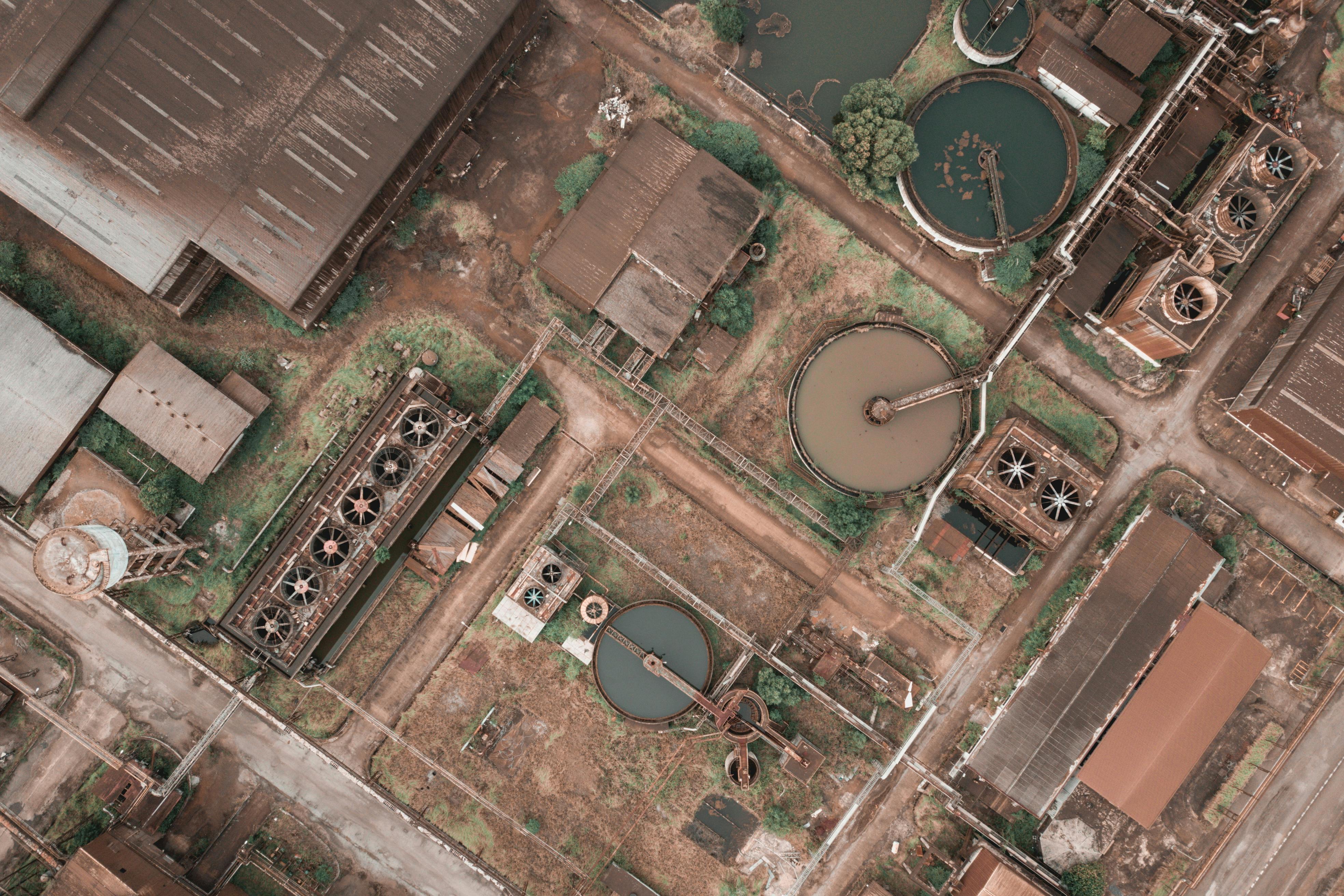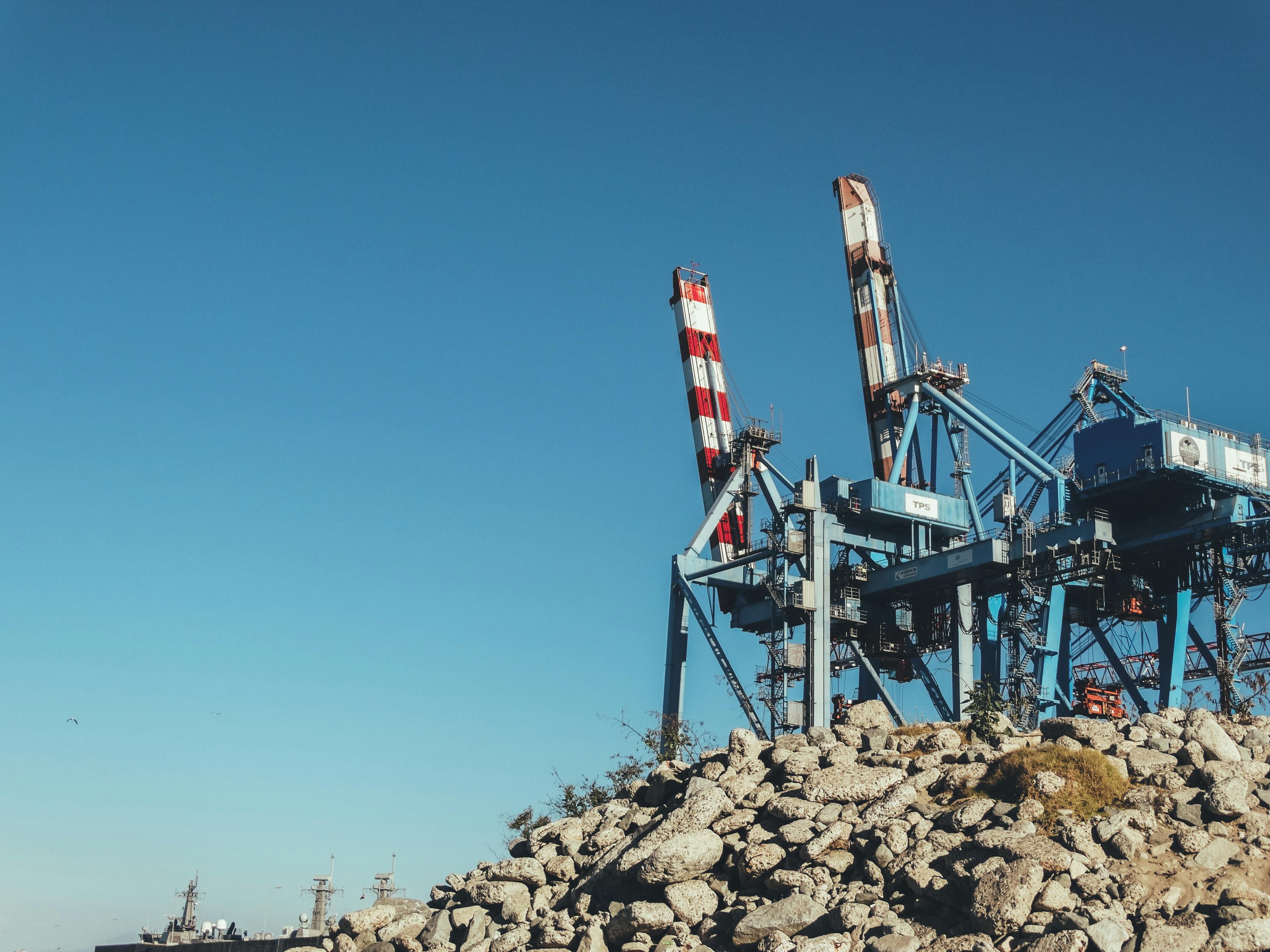Distilled water is commonly used in CPAP machines because of its ability to remove impurities from the water that can be harmful to users. Distillation is a process that removes minerals and other contaminants from water, so the user can be sure that the water being used in their CPAP machine is clean and safe. The distilled water also helps keep the CPAP machine free of buildup, which can cause it to function less effectively. Furthermore, using distilled water for humidification helps prevent mineral buildup in the CPAP tube and mask, which can also reduce breathing comfort.Distilled water is water that has been boiled and evaporated away from any impurities and then condensed back into a liquid form. It is free of minerals, salts, and other particles that can be found in tap water and other sources of water. Distilled water is often used in medical settings since it is free of contaminants, which makes it safe for consumption or to use on wounds and skin.
Benefits of Using Distilled Water in CPAP Machines
Using distilled water in CPAP machines has a number of benefits. First and foremost, it helps to reduce the build-up of minerals and other contaminants that can accumulate inside the machine. These can lead to clogged hoses, filters, and other parts that can cause the machine to malfunction or not work as efficiently as possible.
In addition, distilled water is also free from impurities and bacteria which can be harmful to your lungs. This means it is much safer for you to use than tap water, which may contain traces of chlorine or other chemicals that could be damaging to your health. As such, using distilled water in your CPAP machine helps ensure that you are breathing clean air.
Finally, using distilled water also helps reduce noise levels within the machine. The build-up of minerals, impurities and bacteria can create a lot of noise which can be disruptive especially when trying to sleep. By using distilled water you can reduce this noise and make sure your CPAP machine runs quietly and efficiently.
Overall, using distilled water in your CPAP machine
What Are the Risks of Not Using Distilled Water in CPAP Machines?
Using tap water in a CPAP machine can cause a build-up of mineral deposits in the tubing, mask, and humidifier chamber. Over time, this can lead to clogged airways and reduced air flow. It can also cause damage to the machine itself, which reduces its lifespan and increases the likelihood of malfunction. In addition, tap water may contain bacteria or other microorganisms that can cause respiratory infections or illnesses.
Without proper care and maintenance, using tap water in a CPAP machine can also void the manufacturer’s warranty. This means that if anything goes wrong with your CPAP machine due to not using distilled water, you will be responsible for all repair costs.
Finally, using tap water in a CPAP machine can lead to bad odors from mildew or mold buildup that will be difficult to get rid of without proper cleaning. This can make it difficult for you to use your CPAP machine regularly and keep you from getting proper restful sleep.
It is important to use only distilled water when cleaning or filling your CPAP humidifier
How to Prepare Distilled Water for CPAP Machines
Distilled water is the best option to use in CPAP machines as it is free from impurities and contaminants. It is important to properly prepare distilled water for use in a CPAP machine as any contaminants present can cause damage to the machine. Here are some steps on how to prepare distilled water for your CPAP machine:
1. Start by obtaining distilled water. You can purchase it at most drugstores or grocery stores, or you can make your own with a distillation unit.
2. Once you have obtained the distilled water, you need to ensure that it is free from any contaminants or debris that could damage your CPAP machine. To do this, use a filter designed specifically for CPAP machines. This will help remove any particles that may be present in the water.
3. After filtering the water, it is important to check its pH level and adjust it if necessary. The ideal pH level for use in CPAP machines is 7.0-7.5, so you may need to add an alkaline solution if the
Can Regular Tap Water Be Used in a CPAP Machine?
Yes, regular tap water can be used in a CPAP machine. CPAP machines use humidified air to provide relief from sleep apnea symptoms. This air is usually delivered through a mask that fits over the face and is connected to the CPAP machine via a tube. To provide the necessary humidification, the CPAP machine requires water, which can be provided through regular tap water.
The quality of tap water varies depending on where one lives, so it is important to regularly filter and clean the reservoir of a CPAP machine to ensure that it is free from bacteria and other contaminants. While most tap waters are safe for use in a CPAP machine, it may be beneficial to use distilled or purified water if one lives in an area with higher levels of contaminants.
In addition to being used for humidification purposes, regular tap water can also be used for cleaning CPAP masks and accessories. When cleaning any part of the equipment, make sure to use only clean tap water and avoid using any harsh detergents or solvents which could damage the material or leave residue on the surface of the

Should You Use Distilled or Sterile Water in Your CPAP Machine?
Using distilled or sterile water in a CPAP machine is an important part of keeping the device running properly. Not only does it help reduce the risk of contamination and the spread of illness, but it also helps to ensure that your CPAP machine is able to work at its best.
Distilled water is the most common type of water used in CPAP machines. This type of water has been boiled and then cooled to remove any impurities that may be present. This means that it won’t contain any beneficial minerals, but it will still be free from contaminants and other particles that could clog up your machine.
Sterile water is also a popular option for CPAP machines, although it is not as widely available as distilled water. Sterile water has been filtered through a process called reverse osmosis, which removes bacteria and other contaminants from the water, making it safe for use in medical equipment like CPAP machines.
The main difference between distilled and sterile water is that sterile water contains minerals that are beneficial for human health, such as calcium and magnesium.
How Often Should You Change the Water in Your CPAP Machine?
It is important to keep your CPAP machine clean and well maintained so that you can ensure that you are receiving the most effective therapy. One of the most important aspects of CPAP maintenance is changing the water in the humidifier chamber regularly. How often you should change the water in your CPAP machine depends on several factors.
If you are using distilled or sterile water, it is recommended that you change the water once a day. This will help to ensure that any bacteria or fungi present in the water does not accumulate and cause a health hazard. If you are using tap water, it is important to change it at least every two days and clean the reservoir with mild soap and warm water weekly.
It is also important to consider how often you use your CPAP machine when determining how often to change the water. If you use your CPAP machine every night, then it is important to replace the water daily as this will help to remove any dirt, dust, or other particulates from accumulating in the humidifier chamber and potentially causing skin irritation or infection.
If you are only using
Signs of Contamination in a CPAP Machine
CPAP machines are a great way to help manage sleep apnea. However, if the CPAP machine is not cared for properly, it can become contaminated with bacteria, fungi, and other microbes. This can cause health issues for the user and make the machine less effective. It is important to know what signs to look for that may indicate contamination in a CPAP machine.
One sign of contamination in a CPAP machine is an unpleasant odor coming from the device or its accessories. This odor may be similar to mildew or mold. If you notice this smell, it is important to clean your CPAP machine right away. Additionally, if you notice a buildup of condensation inside the mask or tubing that does not go away after use, this can be an indicator of contamination as well.
Another sign of contamination can be redness or irritation around the user’s nose or mouth after using the device. This could be caused by bacteria and fungi growing on the mask and being inhaled by the user during use. If you notice any signs of redness or irritation

Conclusion
Using distilled water in CPAP machines is highly recommended, as it helps to keep the humidifier chamber clean and free from bacteria or other contaminants. Distilled water also prevents the accumulation of minerals which can affect CPAP performance, as well as reduce the risk of infection for users. Using distilled water is a simple and cost-effective way to ensure your CPAP machine functions efficiently and effectively.
Overall, using distilled water in your CPAP machine is an important step in maintaining a healthy and comfortable sleep apnea therapy experience. Taking the time to use distilled water will help you get the most out of your sleep apnea treatments.

